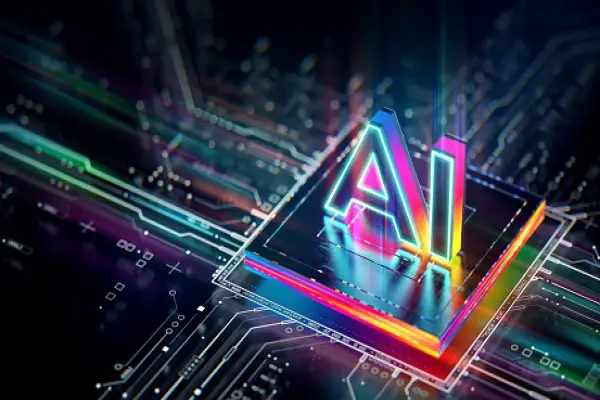The iconic image of a black hole taken four years ago showed a hidden, blazing ring-shaped object. Now, scientists have employed artificial intelligence to revamp the remarkable cosmic picture.
Thursday saw the release of a new image in the Astrophysical Journal Letters, which maintained its original form but was characterized by a thinner ring and more detailed resolution.
In 2019, a unveiled a peek into the colossal black hole at the core of M87 galaxy 53 million light-years from Earth. This image was constructed by piecing together information collected from numerous radio telescopes around the globe and depicted spinning light and gas. To put it into perspective, one light-year equates to 5.8 trillion miles.
Although many telescopes had been employed in the most recent study, there were still gaps in the data. To compensate for this, researchers utilized the same information and deployed machine learning to patch over any absent segments.
The researchers stated that the final image resembles the original but features a thinner “doughnut” and a darker core.
Lia Medeiros is an astrophysicist, a researcher at the Institute for Advanced Study in New Jersey, and the principal creator of this study.
Lia Medeiros says:
“For me, it feels like we’re really seeing it for the first time,”
Medeiros declared that the team intends to apply machine learning to other pictures of celestial objects, potentially including the black hole located at the core of our Milky Way galaxy.
The makeover of the first image of a black hole, thanks to Artificial Intelligence, represents a significant milestone in astrophysics and underscores the transformative power of AI in advancing our understanding of the universe.
The collaboration between human expertise and AI capabilities has the potential to unlock new insights and push the boundaries of scientific exploration. As we continue to harness the power of AI in scientific research, it is crucial to ensure responsible and ethical practices to maximize the positive impact of AI on our understanding of the cosmos.
Source: ABC7 Los Angeles



